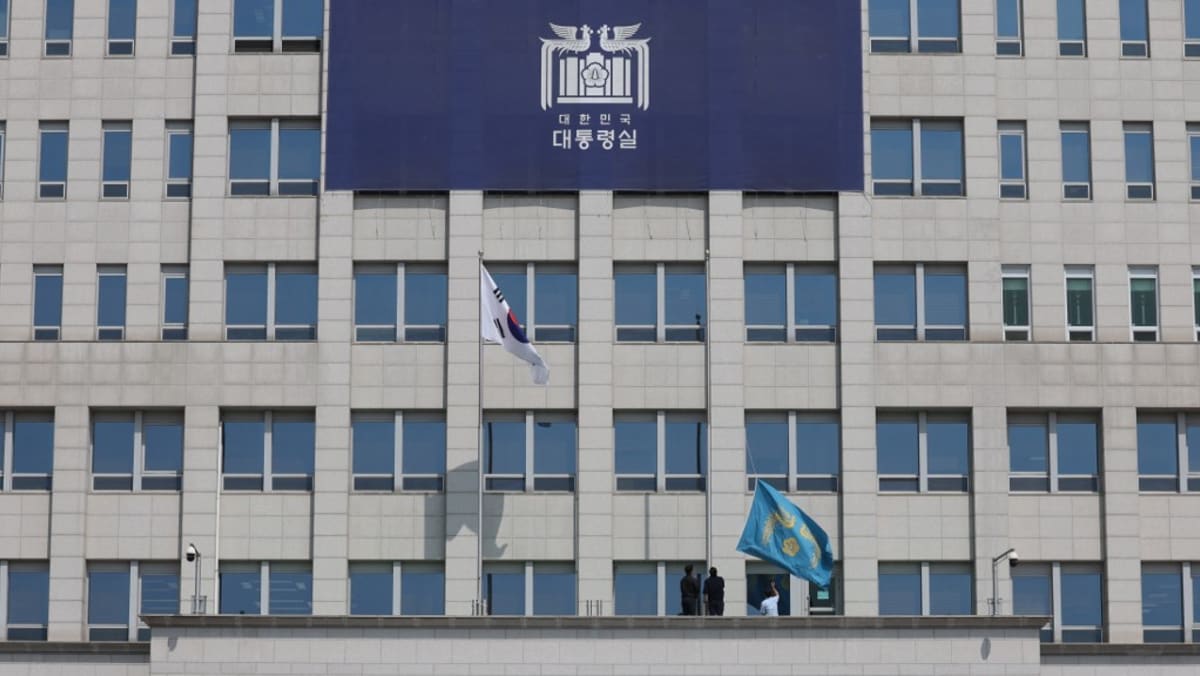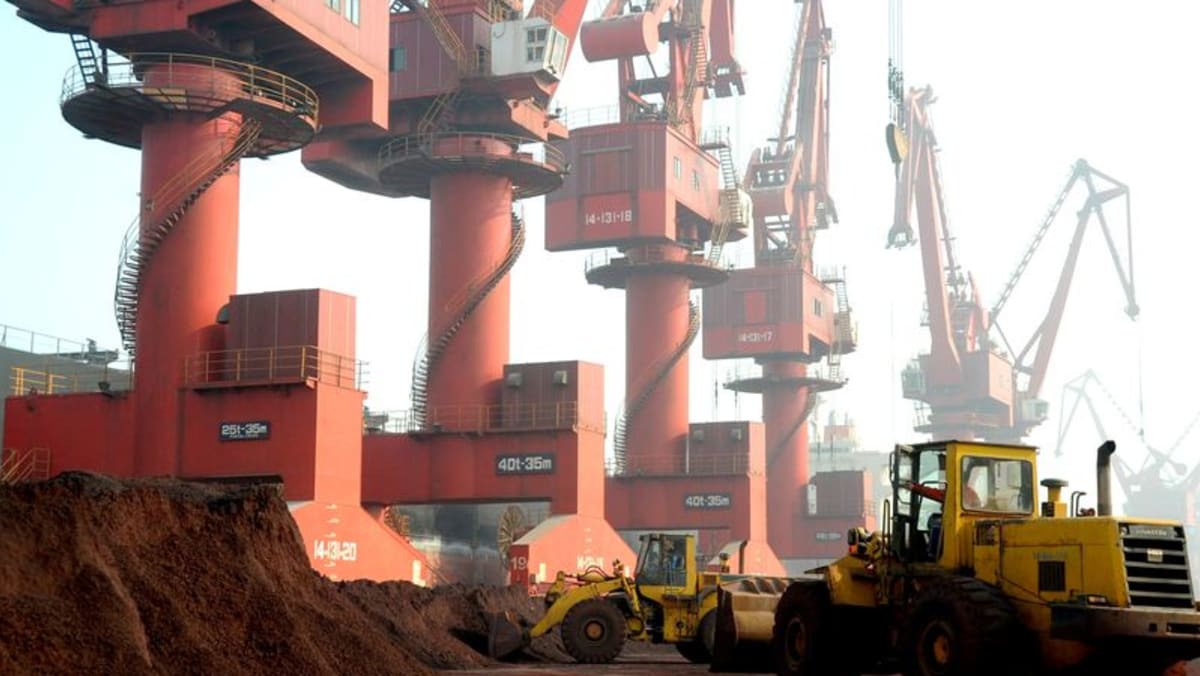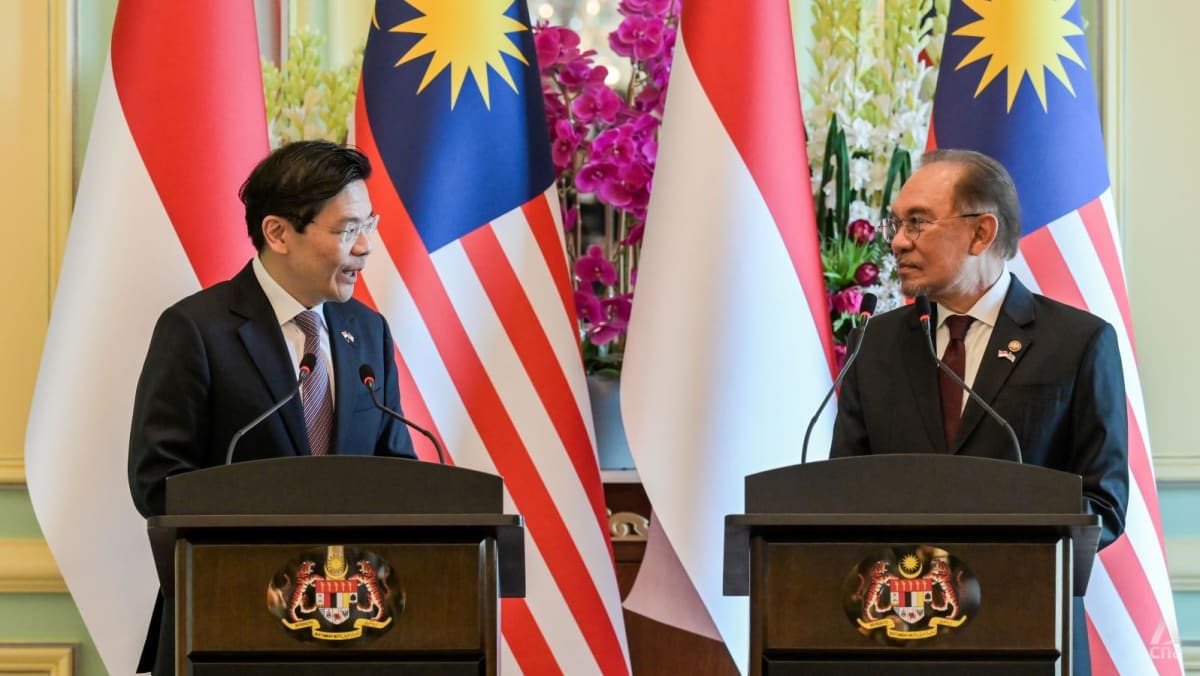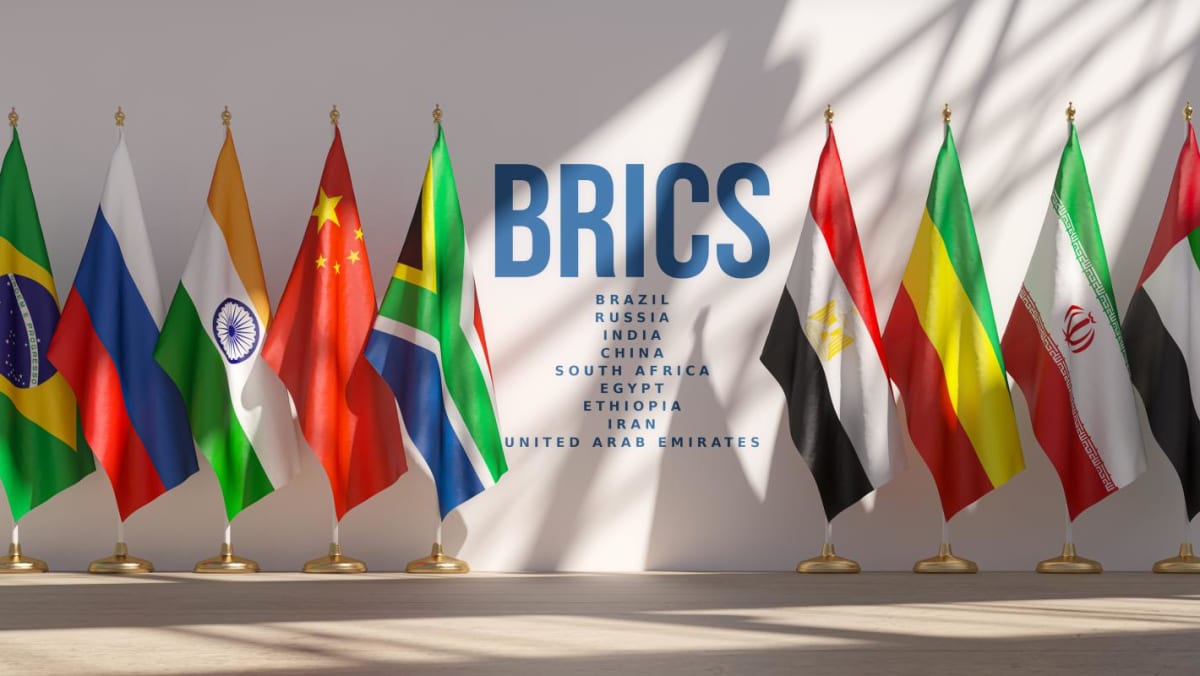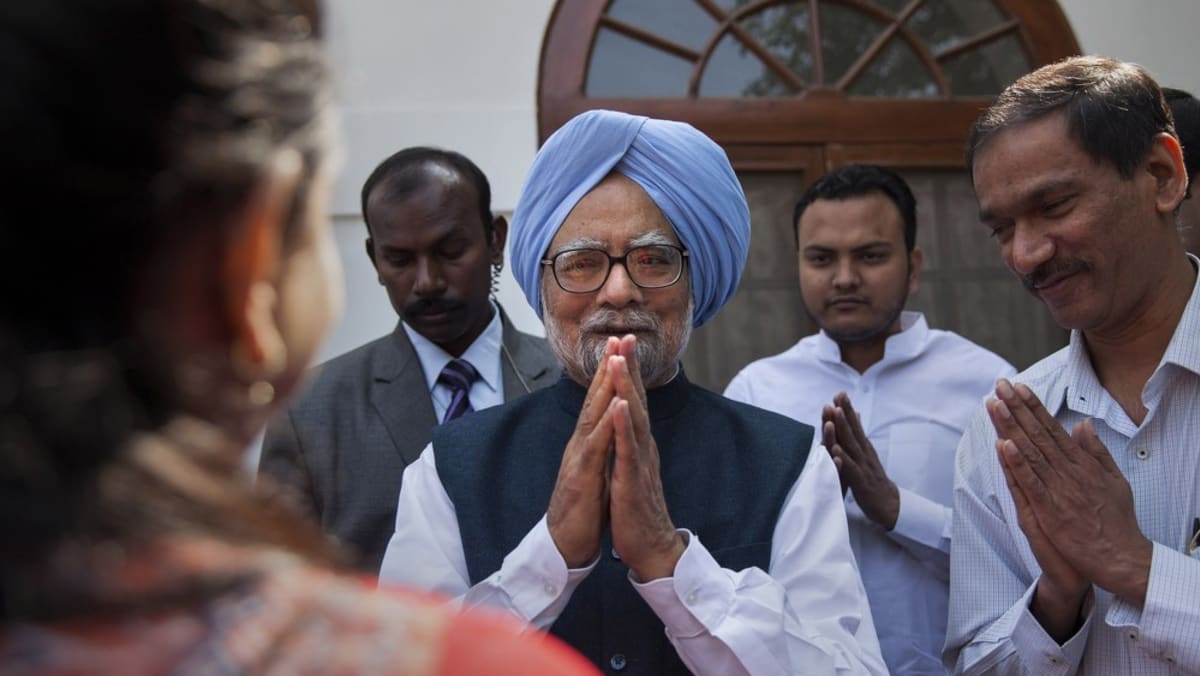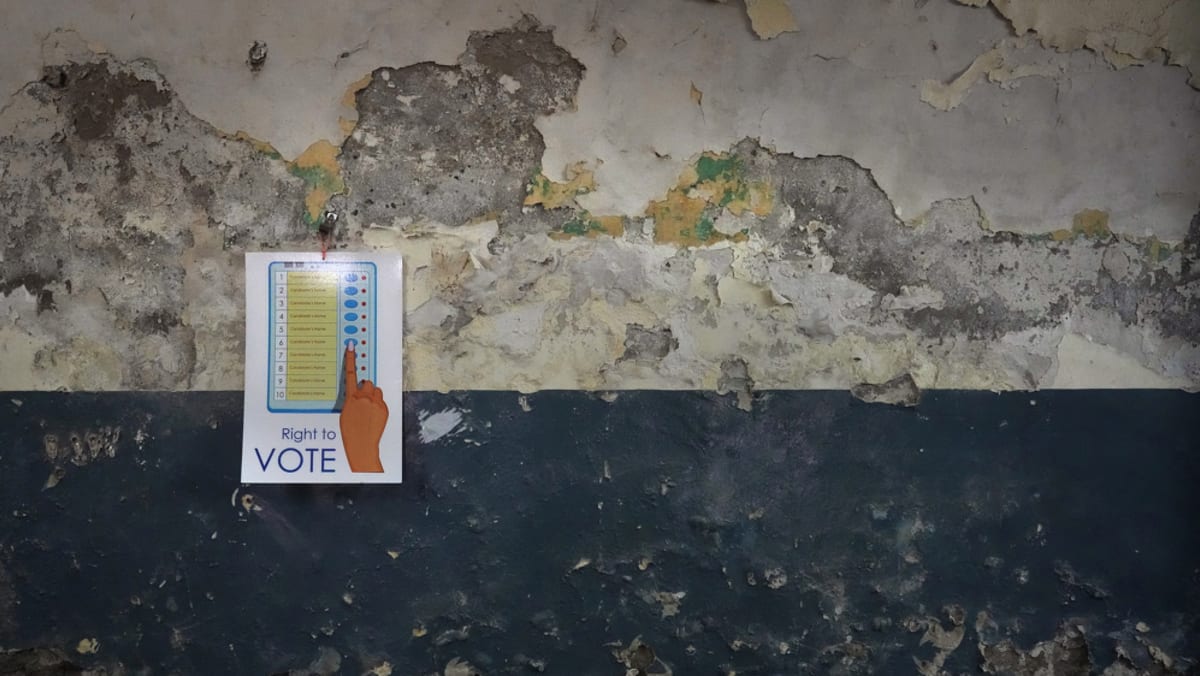United States President Donald Trump's tariff war with the country’s top three trading partners could upend global supply chains and push prices higher in the coming months, said observers.
Trump on Saturday (Feb 1) ordered 25 per cent tariffs on Canadian and Mexican imports. Energy resources from Canada will have a lower 10 per cent tariff.
He also hit China with a 10 per cent tariff in addition to levies already in place.
Analysts told CNA that while Trump is using steep tariffs as a weapon to address a whole variety of issues, most of them will not actually be solved by the levies themselves.
Trump had announced that what he called “emergency” measures would remain in place until the crises over the deadly opioid fentanyl and illegal immigration to the US end.
Alex Capri, senior lecturer at the National University of Singapore Business School, said the trade spat could spiral out of control and “end very badly if nobody backs down”.
“We can have a tit-for-tat, which would be an absolute disaster,” he told CNA938.
TIT-FOR-TAT TRADE SPAT
China, Mexico and Canada have all vowed to retaliate when the tariffs take effect on Tuesday.
On Sunday, Trump acknowledged that Americans may feel economic "pain" from his sweeping tariffs, but argued it would be "worth the price" to secure the country’s interests.
Yet his unorthodox use of tariffs “will be a tax on American citizens”, said Matthew Holmes, executive vice president and chief of public policy at the Canadian Chamber of Commerce.
“It will hurt us, it will also hurt them. They're going to feel it very quickly. It will affect the affordability of everyday goods,” he added.
“It will also profoundly disrupt supply chains that are critical and strategic for America. Those include defence supply chains, telecoms, the microprocessor and chip capacity for their digital revolution.”
Holmes added that Canadian businesses – anticipating the tariffs that Trump would impose after taking office – have increased their trade activities over the past few months.
“Seeing an all-out tariff on all goods and trade with Canada, that is quite profound, quite disturbing, and it will impact businesses,” he told CNA’s Asia First.
“Even those who are not directly trade exposed will feel this. It will ripple through our economy very rapidly.”
Canada’s retaliatory move to impose a 25 per cent levy on American goods ranging from meat to household appliances is not sustainable in the long run, experts cautioned.
“We're still a small player when compared to the might of the US economy. And so what we have to do is look at where we have critical leverage, where we have essential goods that they are very reliant on,” noted Holmes.
“We're not looking for a full tariff retaliation against the US, and I'd advise against that. I think we need to look at where we can get their attention, where we can make it felt, and bring them to the negotiation table.”
Capri believes Trump is prioritising national security around all strategic goods, from semiconductor chips to pharmaceuticals, with his latest move.
The president is probably trying to incentivise foreign producers to set up operations in the US instead, he added, with “the intention to reshore some of the supply chains that have offshored over the last 20 to 30 years”.
Experts highlighted how Trump’s tariffs go against the US-Mexico-Canada Agreement (USMCA), a free trade pact that entered into force in 2020 promoting fairer trade among the three neighbours.
“At the end of the day, it requires the parties to want it to work. It's not clear that the US under Donald Trump wants USMCA to work,” said trade and economic policy expert Deborah Elms.
“It is supposed to prevent exactly this kind of behaviour – a sudden imposition of 25 per cent tariffs across the board,” she told CNA’s Asia First.
“It seems to me the US has just ripped up USMCA overnight and then has declared, ‘let's talk about maybe where we go from here’. But even then, it's not obvious that Trump wants to make a deal.”
TRUMP'S NEXT TARGETS?
Trump’s tariffs have sparked fears of a broader trade war.
Continued retaliation will be of concern to world markets, said Tim Harcourt, chief economist at the University of Technology Sydney’s Institute for Public Policy and Governance.
“Ultimately, trade wars hurt everyone - workers, consumers, farmers, and the global economy, particularly if the effects are widespread,” he said.
“If the US can (use tariffs as an economic weapon), obviously other countries are going to do it too. So, even if the effects are short-lived, the demonstration effect of what you can do with tariffs to use it for non-economic purposes, that could be quite concerning for international relations.”
On which countries could be targeted next for tariffs, Capri stressed that those that are not aligned with the US when it comes to various practices such as technology transfer are at risk.
Trump is a “very transactionally-minded individual”, he added. “Depending on the gain to be had, or at least the perceived gain to be had, any country could be singled out, including traditional allies (and) close strategic partners of the US, as we've seen with Canada.”
While the latest tariffs are targeted at Canada, Mexico and China, analysts said these actions could have far-reaching consequences for the rest of the world, given the nature of supply chains.
“It also is a powerful signal to the rest of the world that the US is prepared to do extraordinarily unusual things in order to, as Trump says, make America great again,” said Elms, head of trade policy at philanthropic organisation Hinrich Foundation.
“There are others in his sights. He's already threatened the European Union with upcoming tariffs later on in February,” she added.
“So I think this is only the beginning of what Trump intends to be a much broader assault on what he sees as unfair trade practices by the rest of the world towards the US.”
Meanwhile, Asian economies that benefited under Trump's first presidency between 2017 and 2021, as a result of the US slapping tariffs on hundreds of billions of dollars worth of Chinese goods then, may face a tougher time under his second term in office, said observers.
“I think it is a mistake to think that Trump 2.0 is going to be as benign for Asia. I suspect that after (the US) starts imposing these tariffs against Canada, Mexico, China, and moves on to the EU, it will become much harder for firms across Asia to use inputs from China, and potentially Canada and Mexico to export to the US,” said Elms.
“While Asia's currently feeling pretty relaxed about many of these actions, the consequences are going to be pretty severe as well for any firms that are trying to trade with the US.”







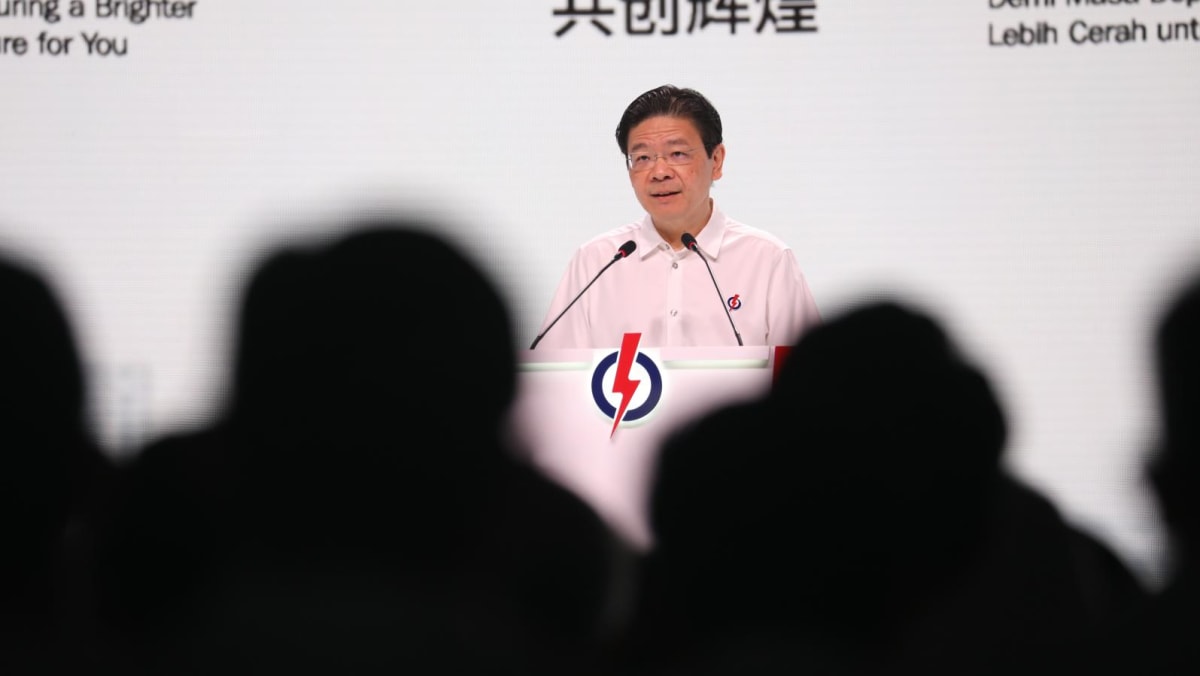

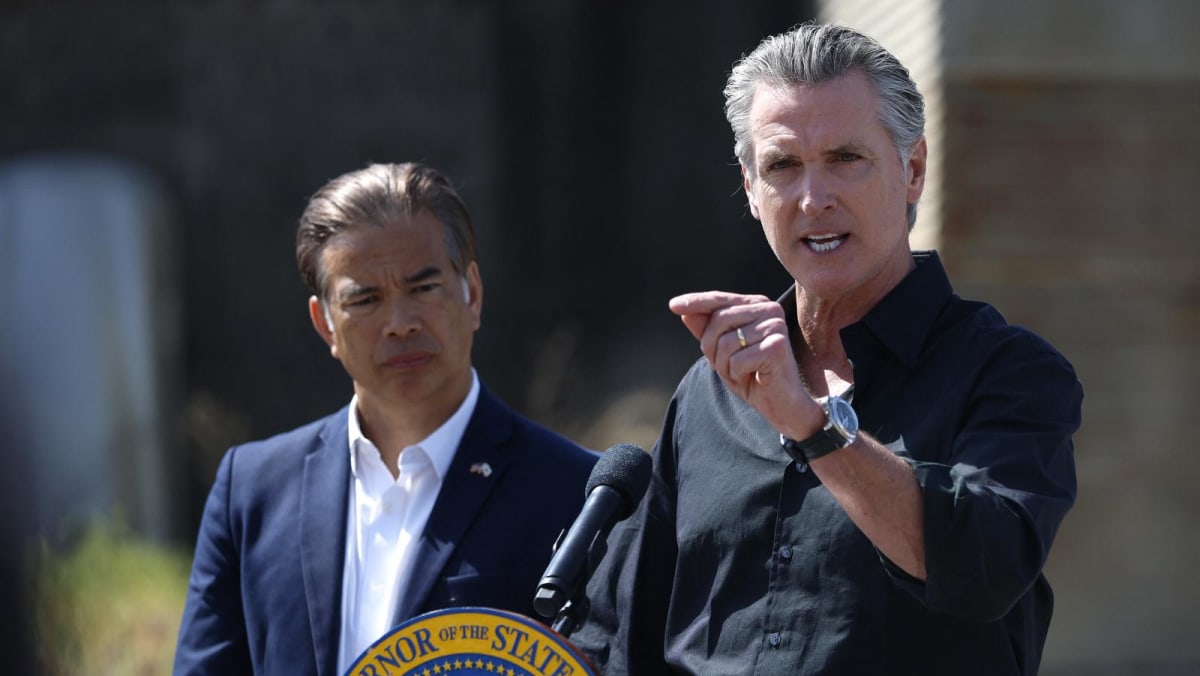


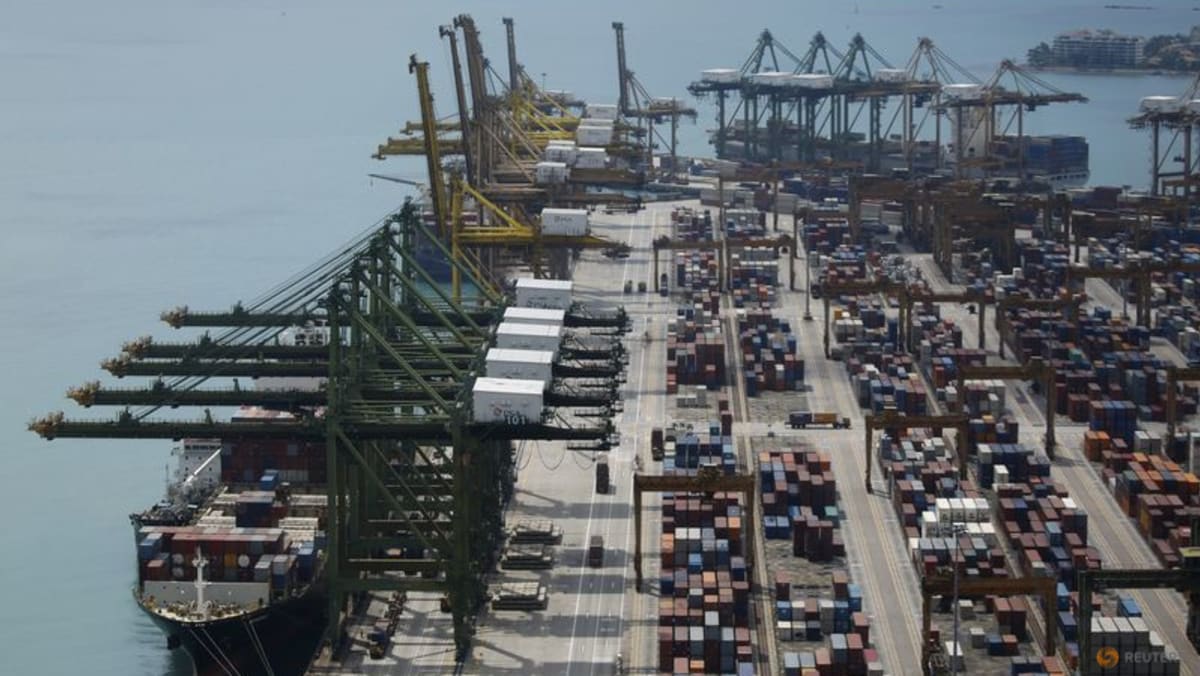

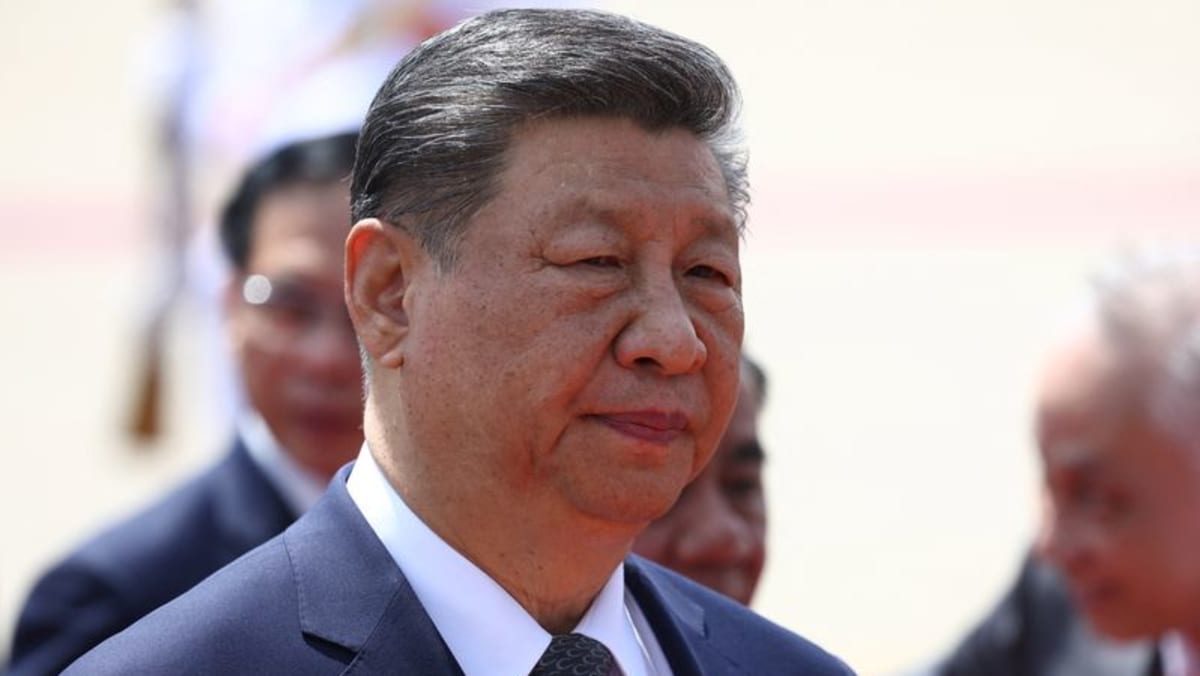
.png?itok=erLSagvf)


